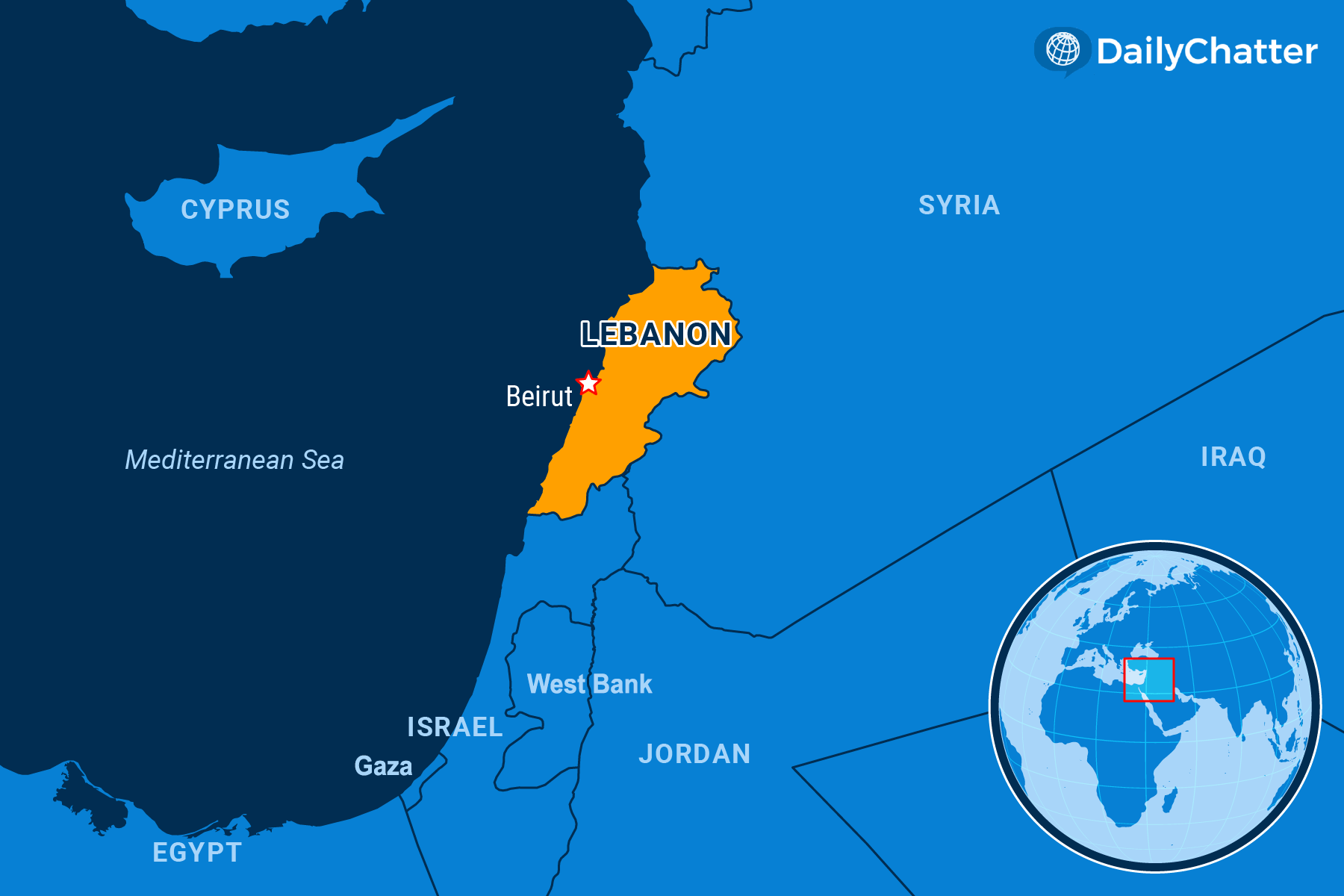Need to Know
February 22, 2023A People, Betrayed
Lebanon

|
Listen to Today's Edition
|
After losing their jobs and selling their cars and other assets, parents in Lebanon are giving their children to orphanages because there is nothing left to sell to feed their children.
“It was a hard decision,” Hussein Kassar told the Pulitzer Center, referring to his decision to send his four children to an orphanage. “But we can only choose between bad and worse.”
Kassar’s struggle is echoed across the country, which is in the middle of an economic collapse. The economy, for example, has shrunk by 60 percent since 2018. In 2019, inflation, debt, a lack of foreign investment and declining economic productivity were hurting Lebanon even as officials sought to raise taxes to fund services, triggering mass civil unrest and destabilizing the political system.
Then the coronavirus struck. In addition to the pandemic, in August 2020, a massive explosion in a poorly managed chemical warehouse destroyed much of Beirut’s waterfront and killed over 200 people. Two years later, Russia invaded Ukraine, causing energy and food costs to spike, hitting importers like Lebanon hard.
Today, 40 percent of the country lives in poverty, earning less than $2 per day. As many as 300,000 Lebanese have emigrated abroad for work, wrote Qantara, a German state-funded media venture between Deutsche Welle, the Goethe Institute and the Institute for Foreign Cultural Relations. Around half of the country’s gross domestic product is the result of cash transfers from the Lebanese diaspora.
The currency has been devalued by 90 percent and inflation is in triple digits, added the Guardian in an editorial that described the Lebanese as a “people betrayed.” Footage in Euronews showed recent protests related to these issues.
Meanwhile, in February, banks went on ‘strike,’ closing their doors to customers after the high court ruled that one of the country’s largest banks must release the money held in bank accounts by two depositors after they had to sue the bank to access their funds, ABC News reported.
Prior to that, some depositors had been holding up banks or staging sit-ins to be able to access the funds in their accounts.
Meanwhile, the factors limiting a recovery are many and inveterate.
Due to internal disputes under a power-sharing agreement between the country’s Sunni Muslims, Shiite Muslims, and Maronite Christians, Prime Minister Najib Mikati has been unable to appoint a cabinet, noted Axios. And parliament has been unable to appoint a president.
A lack of stable government leads to other problems. Corruption, for example, lies at the root of the Beirut explosion, the BBC noted, but legal challenges have stymied probes into the incident for more than a year. Protesters have assembled in front of the offices of justice officials accused of attempting to derail the investigation in order to save their own skins.
Writing for the Arab Center Washington DC, Patricia Karam argued that the protesters need to assemble into a more cohesive and effective political force that could rebuild the country’s political system, crack down on corruption, and address people’s needs.
Because at the moment, anyone able to do something about Lebanon’s multitude of problems isn’t doing very much at all.
Not already a subscriber?
If you would like to receive DailyChatter directly to your inbox each morning, subscribe below with a free two-week trial.
Support journalism that’s independent, non-partisan, and fair.
If you are a student or faculty with a valid school email, you can sign up for a FREE student subscription or faculty subscription.
Questions? Write to us at hello@dailychatter.com.

